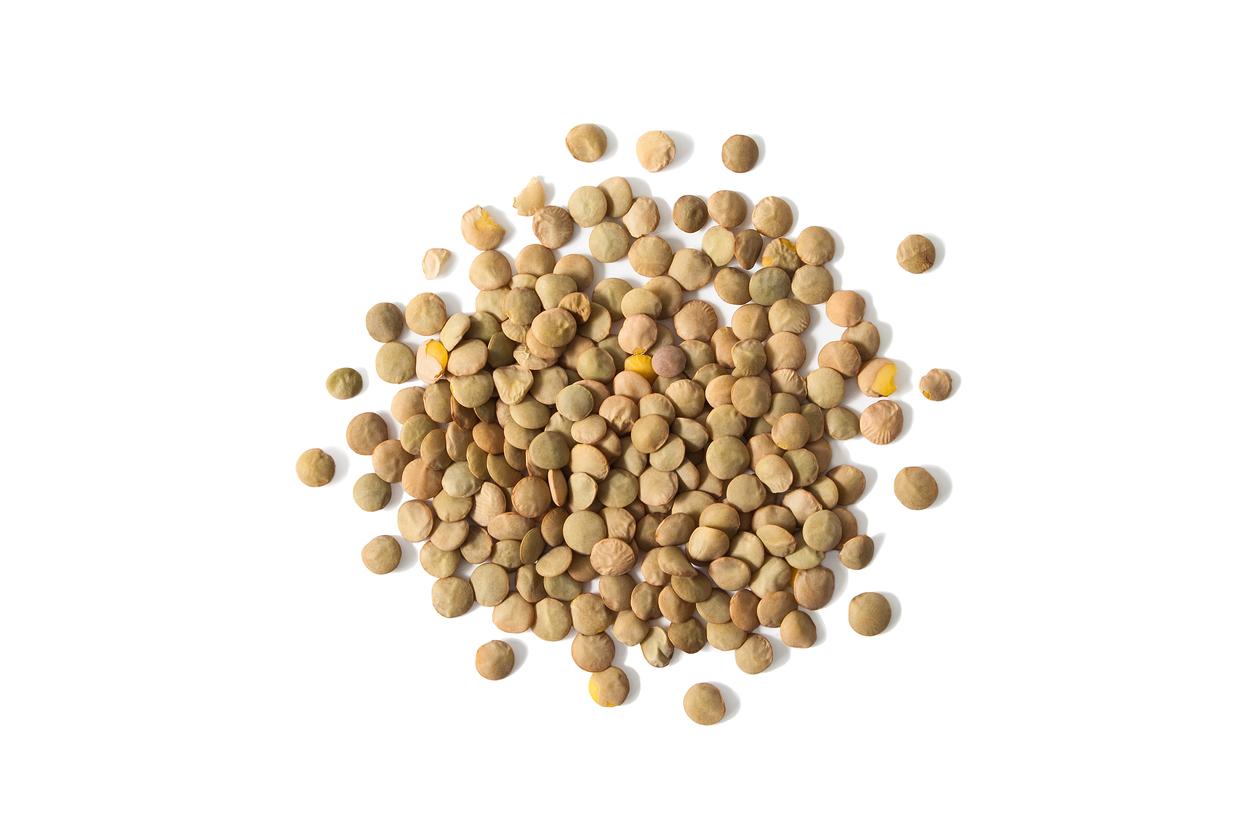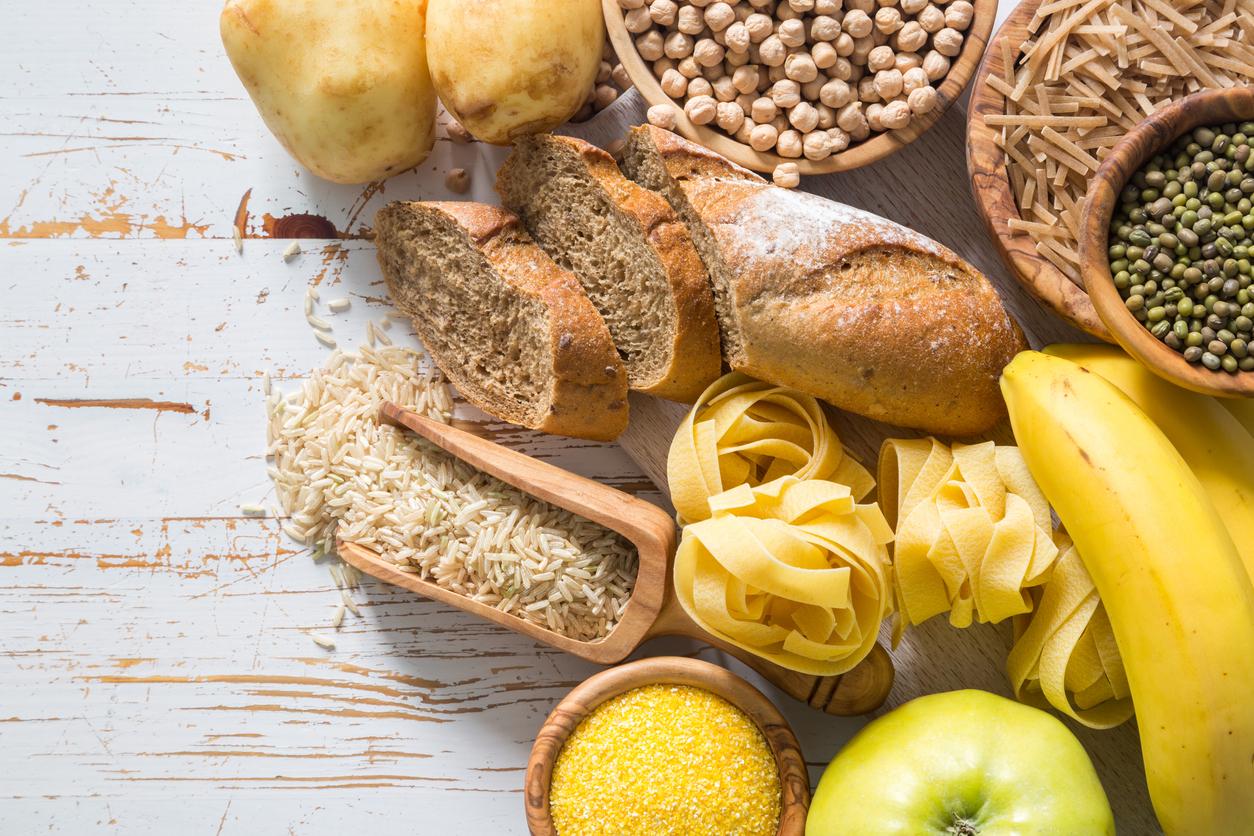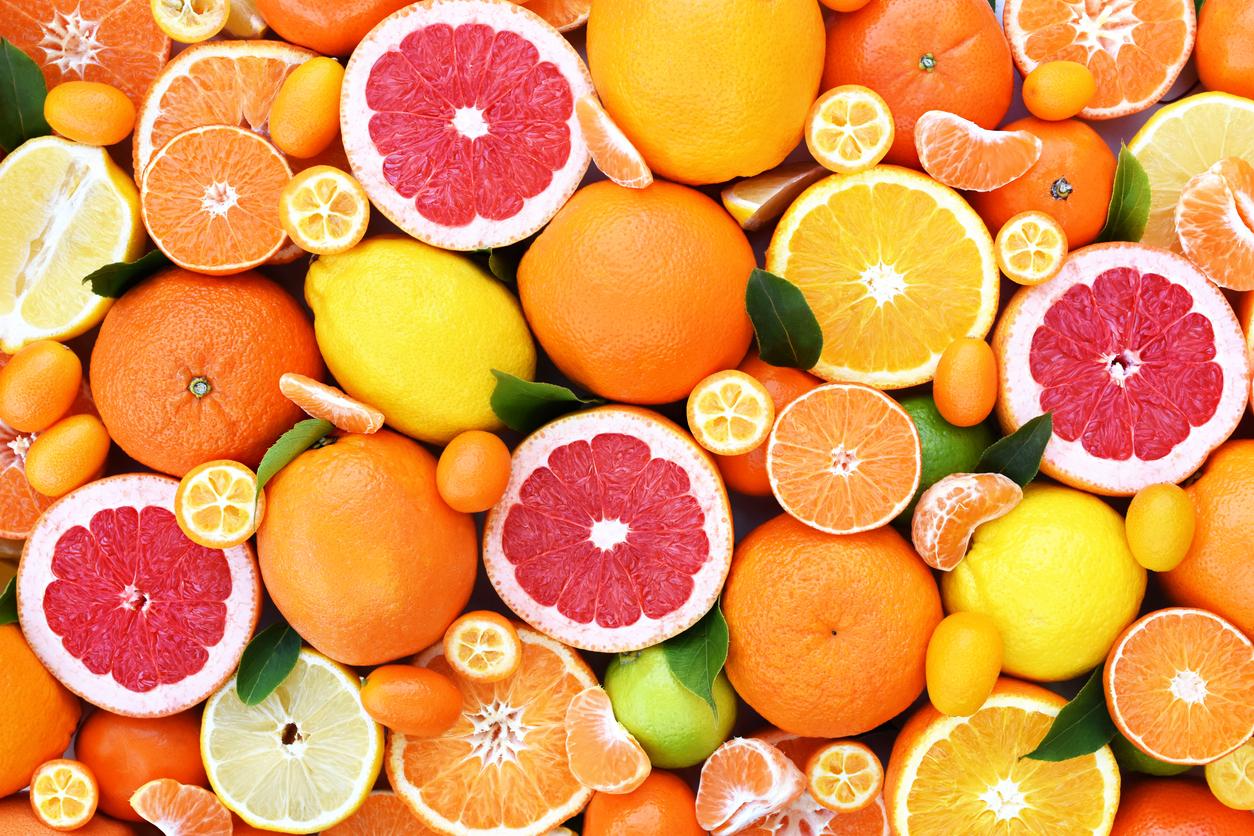If patients with depression often have less appetite, they have a marked preference for food -rich foods, according to a German study.

- Depression affects 280 million people worldwide.
- This mental disease causes changes in eating behavior.
- A study shows that depressive people generally have less appetite, but they display an attraction for foods rich in carbohydrates.
One of the symptoms of depression is the loss of appetite. But some patients sometimes turn to food. A new study sheds light on the relationship between food and mental disorder and reveals that depressive people are particularly attracted by food rich in carbohydrates.
These works, carried out by the Bonn University Hospital, the University of Bonn and the Tübingen university hospital, were presented in the journal Psychological Medicine.
Depression: patients are attracted to sweets
To better understand the link between depression and appetite, the researchers brought together 117 participants. Fifty-four volunteers had been diagnosed with depressed while the others did not have mental disorders. They were all asked about their tastes and their diet. During one of the questionnaires, they should indicate whether or not they appreciated 60 foods and classify them.
Analyzes of responses have shown that people with depression want less fat and protein products compared to others. On the other hand, they tend to prefer foods rich in carbohydrates, such as sweets.
Another observation: eating more carbohydrates also leads them to consume more foods rich in fat. In other words, depressive patients are more attracted to dishes combining the two nutrients, such as milk chocolate.
For the team, these results show that depression is associated with specific changes in food preferences, which can be explained by the composition of food.

Depression: Observe food to treat the disease?
The researchers add that if so far, it was thought that the desire for foods rich in carbohydrates was linked to an increase in the appetite of patients, the published work goes against this received idea. “We have now been able to show that this is not the case. In fact, the desires of carbohydrates are more linked to the overall severity of depression, in particular to symptoms of anxiety”explains the first author Lilly Thurn in a press release.
And, this discovery could help better understand and fight depression. “Since food containing carbohydrates control the reward response in the brain via signaling pathways different from those of food and protein, it is possible to draw better therapeutic approaches”says Professor Nils Kroemer.
“Therapies targeting the connection between the intestine and the brain seem particularly promising for the future. Preliminary studies have already shown that fasting or probiotic foods can have an antidepressant effect”, Add Lilly Thurn. “It has also been shown that people with depression have changes in their microbiome which can worsen various symptoms.”

















